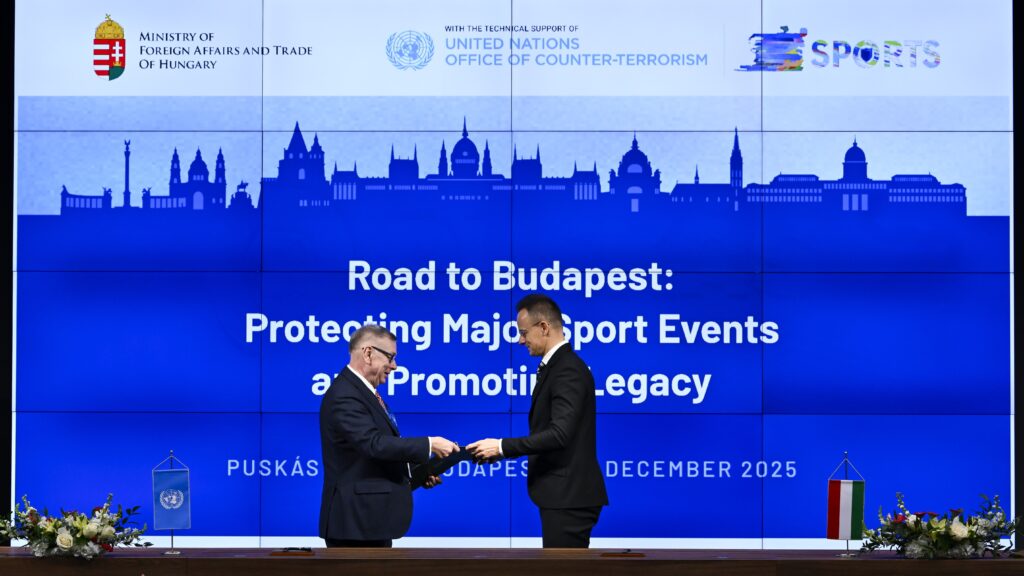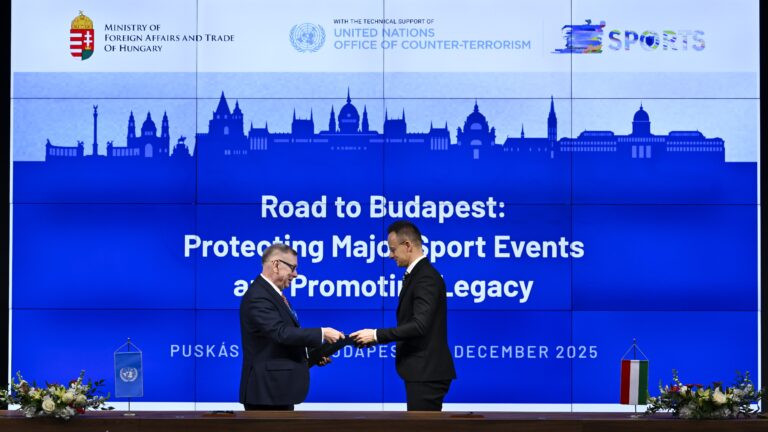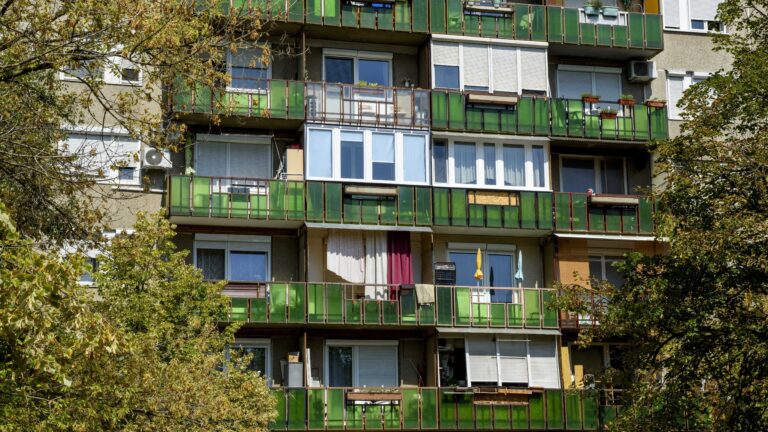Fuel prices have surged across Europe following the shutdown of Russian gas transit through Ukraine and the outgoing Biden administration’s imposition of unprecedented sanctions on the Russian energy sector. Hungarian Prime Minister Viktor Orbán responded to these developments, warning that Europe is heading toward another energy crisis—one Hungary must avoid.
In a Facebook post, Orbán described the rapid rise in fuel prices at Hungarian petrol stations as ‘outrageous and bloodcurdling.’ He highlighted the need to protect Hungary’s last remaining gas pipeline from Russia, which runs through Serbia. ‘Our task now is to safeguard this pipeline to ensure Hungary’s energy security,’ the prime minister stated.
371K views · 9.4K reactions | Ukrajna leállította a gázszállításokat, melynek következtében Európa egy újabb energiaválság felé halad. Vucsics elnök úrral az a célunk, hogy Magyarország és Szerbia kimaradjon ebből a válságból. 🇭🇺🇷🇸 | Orbán Viktor
Ukrajna leállította a gázszállításokat, melynek következtében Európa egy újabb energiaválság felé halad. Vucsics elnök úrral az a célunk, hogy Magyarország és Szerbia kimaradjon ebből a válságból. 🇭🇺🇷🇸.
Orbán stressed the importance of protecting families, households, and businesses from skyrocketing energy costs, a topic he discussed with Serbian President Aleksandar Vučić. On Saturday, Orbán travelled to Belgrade with Hungarian Minister for Foreign Affairs and Trade Péter Szijjártó to strengthen bilateral energy cooperation.
Protecting TurkStream
‘Hungary and Serbia have reinforced their strategic cooperation in energy,’ Szijjártó explained following the talks. ‘Both countries aim to secure supplies at competitive prices while preserving the achievements of Hungary’s reduced energy tariffs.’ He also highlighted that recent measures—including the halting of Ukrainian gas transit and the Biden administration’s sanctions—have jeopardized Central Europe’s energy security and affordability.
As Szijjártó pointed out, Hungary has interconnected its natural gas system with six of its seven neighbours. He also underlined that despite mounting pressure, the construction and operation of the TurkStream pipeline—currently crucial for the country’s energy security—will not be abandoned.
Zoltan Kovacs on X (formerly Twitter): “🇷🇸🤝🇭🇺 Hungary and Serbia have reinforced their strategic energy partnership, with the shared goal of ensuring secure and competitively priced energy supplies. FM Péter Szijjártó highlighted Hungary’s commitment to maintaining affordable energy for families and businesses.🔋 At… pic.twitter.com/ZRSjJ49yBd / X”
🇷🇸🤝🇭🇺 Hungary and Serbia have reinforced their strategic energy partnership, with the shared goal of ensuring secure and competitively priced energy supplies. FM Péter Szijjártó highlighted Hungary’s commitment to maintaining affordable energy for families and businesses.🔋 At… pic.twitter.com/ZRSjJ49yBd
The TurkStream is running from Russia to Türkiye and then across the Balkans to Hungary, which receives the bulk of its gas imports through this route. With an annual capacity of 31.5 billion cubic meters, the pipeline traverses the Black Sea, delivering 7–8 billion cubic meters of gas per year to Hungary. This makes it a cornerstone of Hungary’s energy security. However, the pipeline has recently faced threats, including a Ukrainian drone strike on its Russian section and a motion by the Bulgarian opposition to raise transit fees.
‘It is in the common interest of Hungary and Serbia—an interest we will never relinquish—that the TurkStream pipeline operates reliably and safely,’ Szijjártó stated. ‘To this end, we have strengthened our unity, knowing that the energy security of Hungary and Serbia is interdependent.’
As reported by the Hungarian Conservative, Ukraine halted the transit of Russian natural gas through its territory on 1 January. FM Szijjártó previously described the move as hostile, stating that Kyiv, which aspires to join the European Union, has once again jeopardized the energy security of EU member states.
Compounding the situation, in its final days, the Democratic administration led by outgoing President Joe Biden imposed the toughest sanctions yet on Russia’s energy sector. These measures targeted hundreds of entities, including major oil companies such as Gazprom and Surgutneftegas. Nearly 200 oil tankers—allegedly part of a ‘shadow fleet’ circumventing sanctions—were also blacklisted, alongside oil traders and energy officials. According to US estimates, these sanctions will cost Moscow billions of dollars each month.
On Tuesday, Orbán is set to meet Slovak Prime Minister Robert Fico to discuss the protection of gas pipelines. Slovakia, which faces billions of euros in losses due to the cessation of Ukrainian gas transit, has been at the centre of escalating tensions. Fico and Ukrainian President Volodymyr Zelenskyy have exchanged heated words over the issue in recent weeks, with the Slovak leader threatening to halt electricity exports to Ukraine.
Ensuring the uninterrupted operation of the TurkStream pipeline is also a priority for Slovakia, as it enables Hungary to assist in supplying Slovakia should its energy security come under threat.
Related articles:







